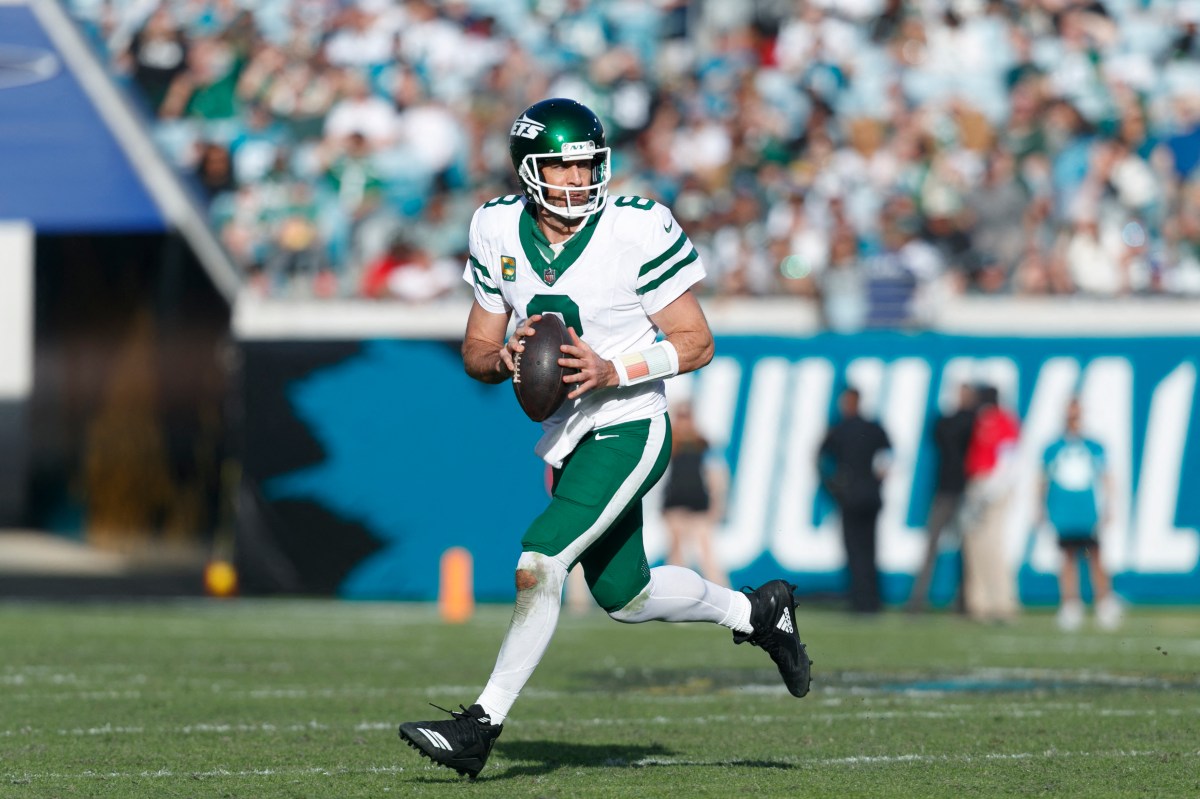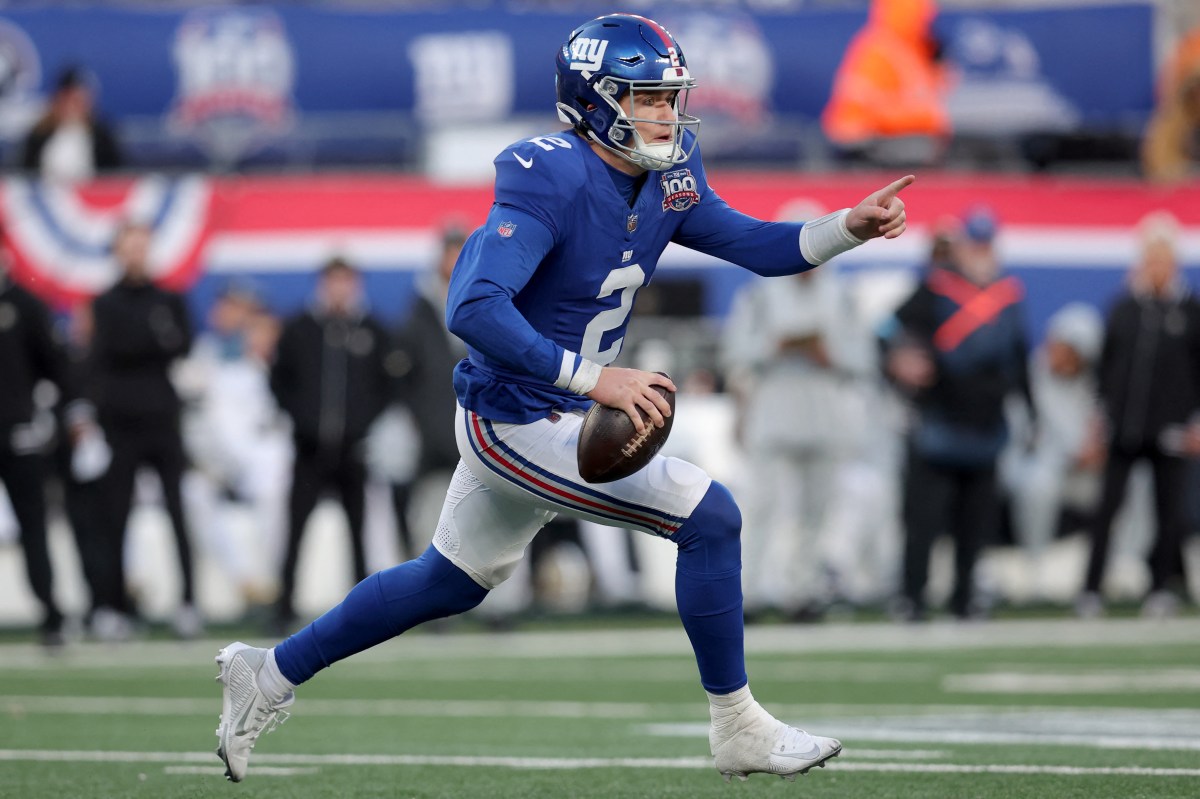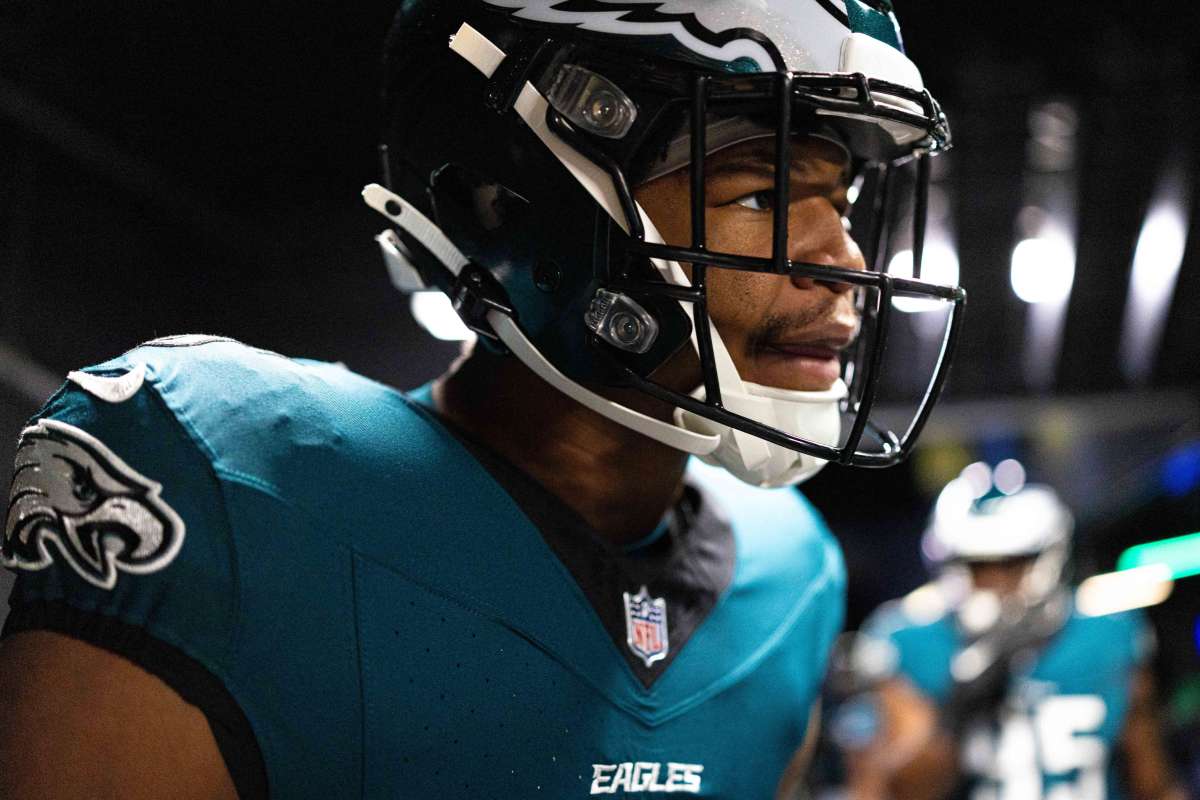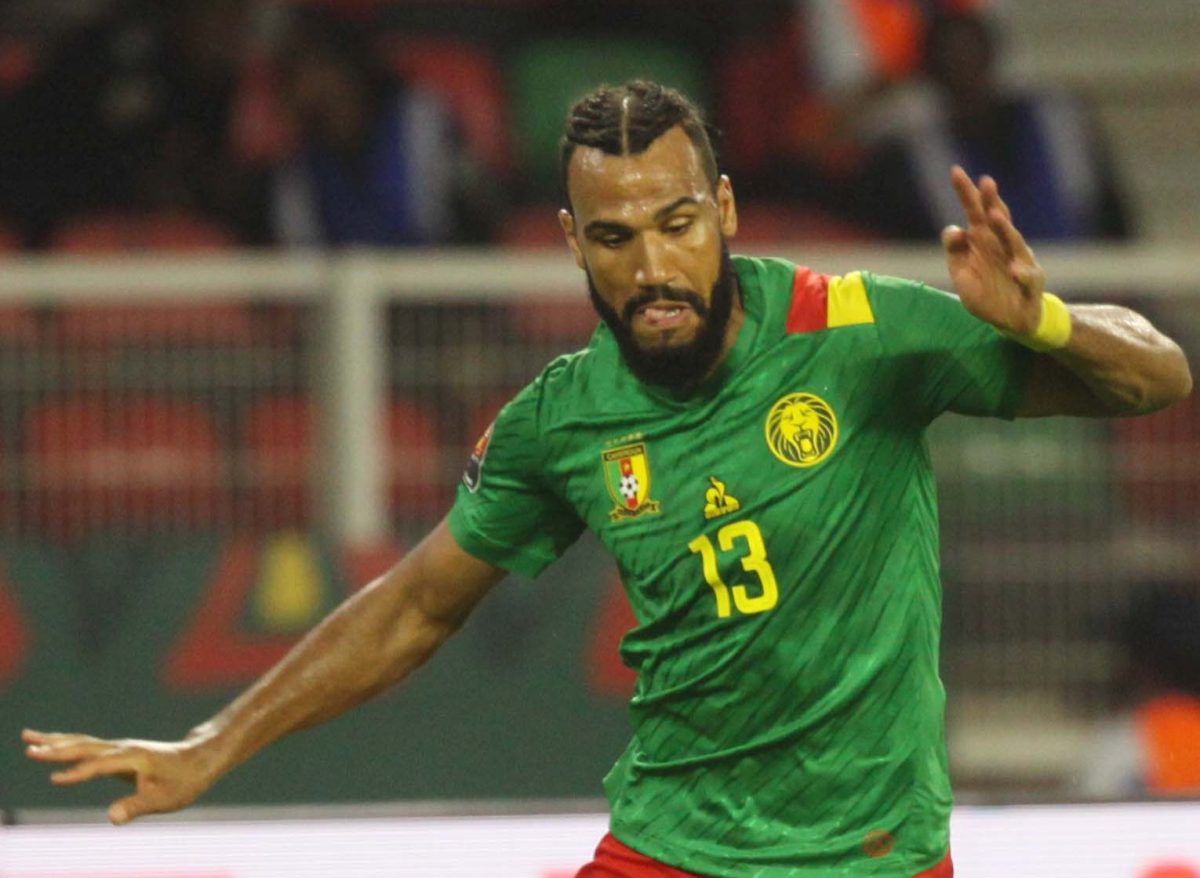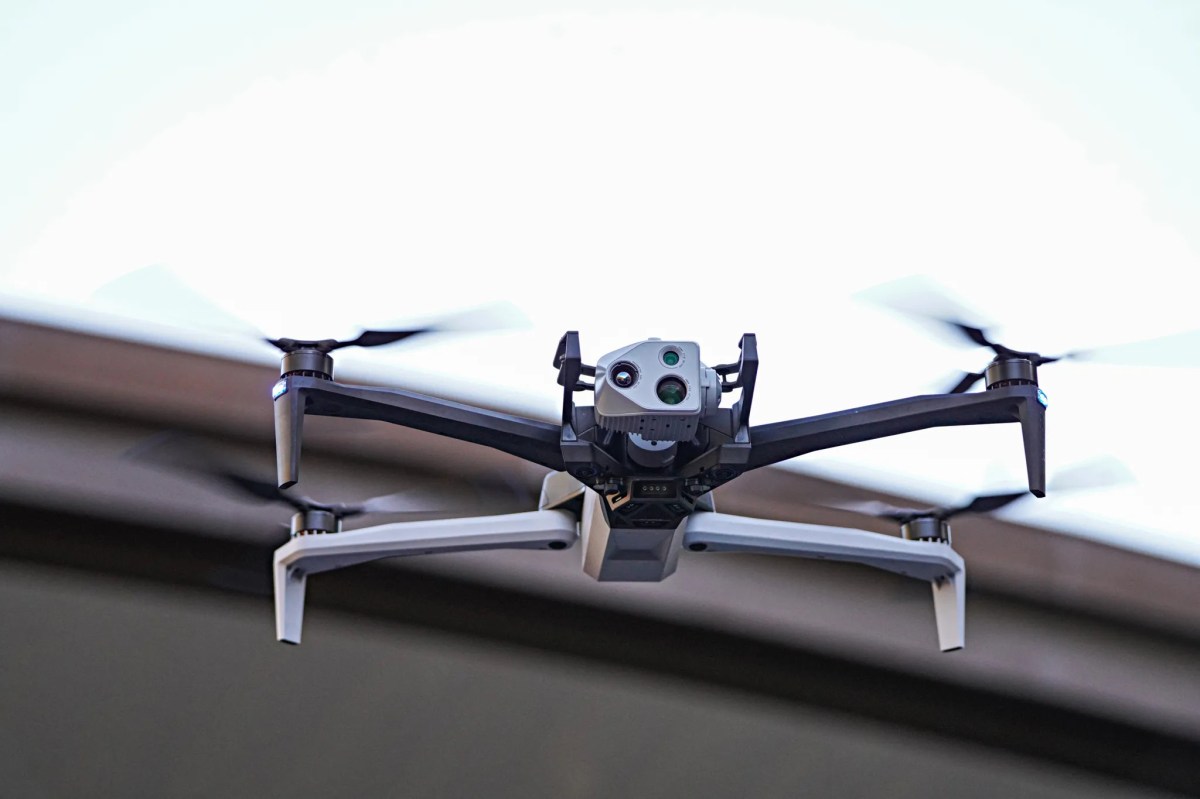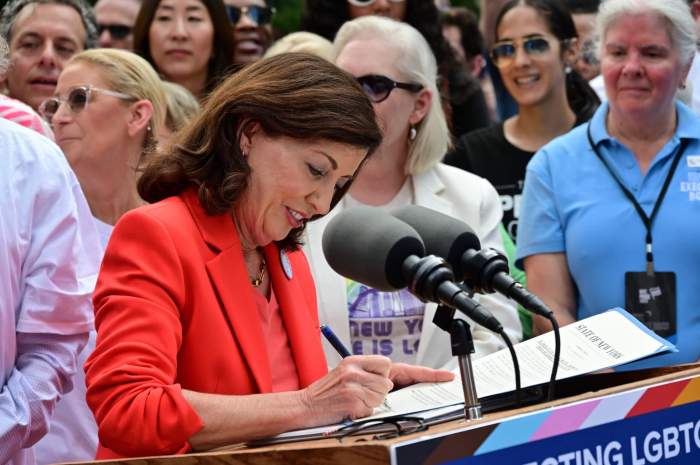 MBTA Trolley. PHOTO: MBTA
MBTA Trolley. PHOTO: MBTA
The anticipated cost of the roughly 4.5-mile Green Line Extension has increased from $1.4 billion to nearly $2 billion with an anticipation that federal dollars will pay for half the construction.
Transit officials discussed the new bottom-line at a meeting this week, and Transportation Secretary Rich Davey told the News Service on Friday that the new cost estimate includes a “budgetary cushion” and additions to the project’s scope.
“I’m thinking it will be more along the lines of $1.6 billion,” said Davey, who said Federal Transit Administration officials sought the increased figure. The FTA is considering funding half the project through a New Starts grant, and Davey said they suggested more flexibility on the cost.
The long-awaited Green Line Extension plans to bring the trolley from its terminus in East Cambridge out through Somerville to Medford. City officials and activists have clamored for the project, saying it was required as mitigation for the Big Dig highway project that routed Interstate 93 beneath Boston.
MassDOT officials next week will present proposed changes to the Transportation Board, which meets Wednesday at noon.
Davey said the scope of the project now includes a community path, which state officials announced in April, saying it would cost $39 million. The completed community path would form a link for cyclists and walkers between the Minuteman Bikeway in Arlington and the new Lechmere Station.
Davey also said engineers determined more work would need to be done on the Green Line viaduct that leads into Lechmere, driving supports deeper into the ground. The viaduct was built in 1910, he said.
In addition, design contractor AECOM/HNTB would take a larger role overseeing construction, increasing its payment from $70 million to $114 million, though transit officials believe the increased attention will reduce overall costs.
The new cost includes 30 percent in contingency, which a Massachusetts Department of Transportation spokeswoman said was added in the spring as part of an agreement with the FTA on a project budget. The agreement with the FTA calls for a June 2021 completion date, but transit officials are targeting the service to begin in the second half of 2020.
In response to a lawsuit by the Conservation Law Foundation, Gov. Mitt Romney’s administration agreed to complete the project by Dec. 31, 2014. Davey said the state has already begun some “modest” construction on bridges and has begun real estate negotiations for obtaining property along the corridor.
Davey said he hopes the FTA would make a determination on its New Starts grant application “by the end of the year.”
Other additions to the contract include plans to build new drainage for the Miller’s River, which was buried years ago and causes flooding issues in Somerville’s Union Square during rainstorms. Some station platforms will also be lengthened to account for longer, four-car trains, according to the MBTA.
While the number $1.3 billion has been used to quantify the cost of the Green Line Extension project, Davey said internally MassDOT officials have used $1.4 billion, which includes the cost of new trolleys. Somerville received the first new subway station in 27 years in August with the opening of an Orange Line stop.
According to the MBTA, the project team has encountered 500 “utility conflicts” along the corridor.
The Green Line will be a major transit expansion on a scale unseen in metro Boston in decades. Davey said the 2013 tax increases enabled the project to move forward. Other projects in the state’s infrastructure pipeline are an extension of the Silver Line, a bus service, to Chelsea, the expansion of South Station and an extension of the commuter rail through Taunton, out to New Bedford and Fall River.
Follow Metro Boston on Twitter: @MetroBOS







